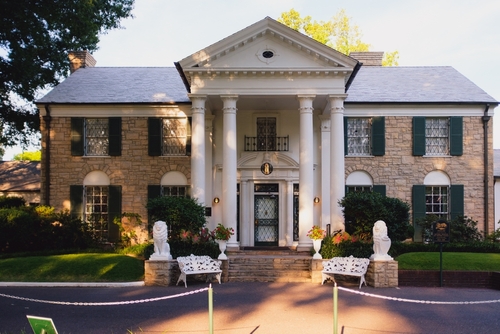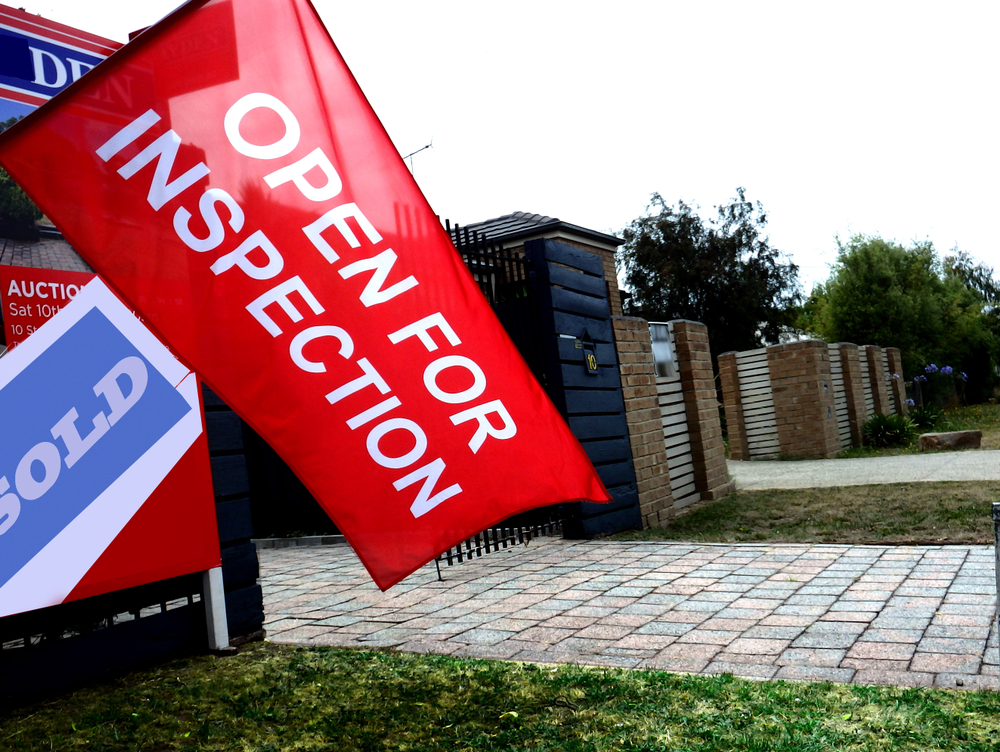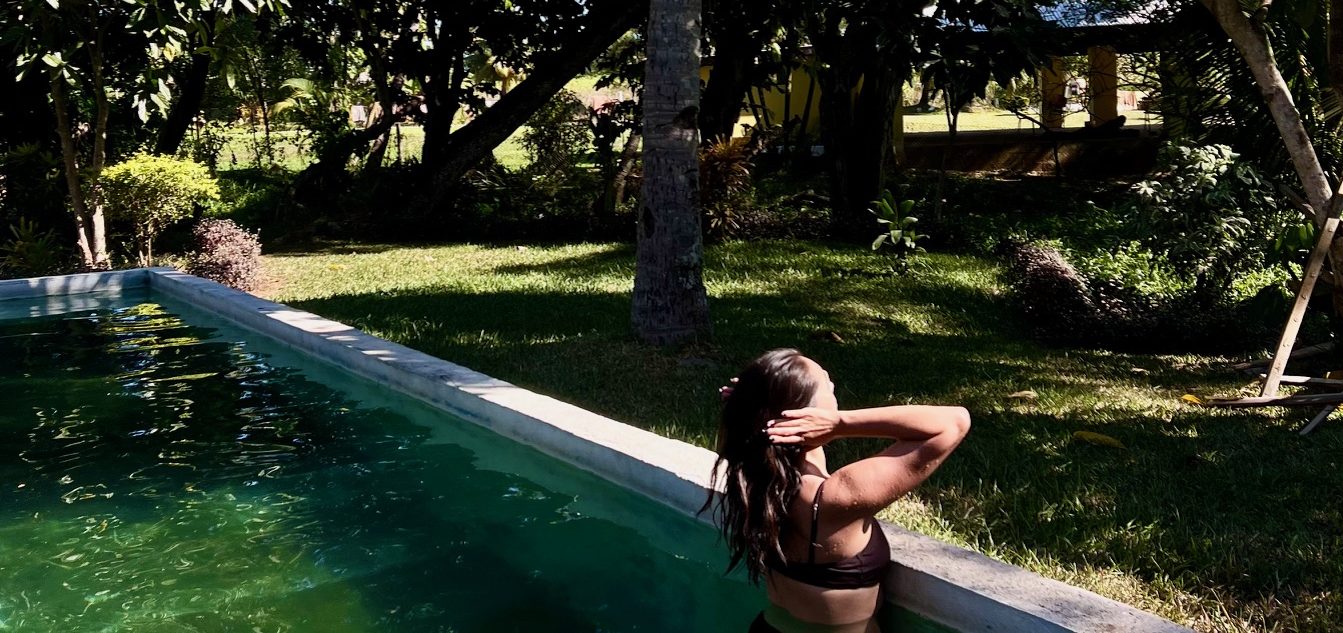Judge Blocks Effort to Auction Graceland
Family of Elvis Presley was fighting the attempted sale, alleging fraud
A Tennessee judge on Wednesday blocked an allegedly fraudulent attempt to auction off Graceland, the former Memphis home of music legend Elvis Presley and a major tourist destination in the state.
Elvis’s granddaughter, actress Riley Keough , says a company that had planned a Thursday sale was fake and trying to defraud the trust that owns Graceland.
Judge JoeDae Jenkins in Chancery Court in Shelby County, Tenn., granted the injunction to stop the auction, according to a court clerk. The court had granted Keough a temporary restraining order on the sale last week.
The auction was initiated by an entity called Naussany Investments & Private Lending. It had filed a public notice for a foreclosure sale in Tennessee, alleging Lisa Marie Presley , Elvis’s only child, defaulted on a $3.8 million loan it made to her. The group said it now owns Graceland because Presley defaulted on the loan.
Presley, Keough’s mother, controlled the Graceland trust until her death in January 2023 . Keough then took over as trustee.
Lawyers for Keough said Naussany’s loan documents are forgeries, and the firm “appears to be a false entity created for the purpose of defrauding” the trust that owns Graceland, Presley’s heirs or any purchaser of Graceland.
Elvis Presley Enterprises, which manages Graceland, has also said Naussany’s claims were fraudulent. “There will be no foreclosure,” said Elvis Presley Enterprises spokeswoman Alicia Dean . “Graceland will continue to operate as it has for the past 42 years.”
Keough’s lawyer declined to comment.
Naussany Investments and Kurt Naussany, named in the complaint as acting on behalf of the entity, couldn’t be reached for comment. A phone number listed in the complaint didn’t work, and emails sent to associated addresses weren’t answered. The Wall Street Journal couldn’t separately find contact information for a Kurt Naussany. A lawyer for the entity couldn’t be identified.
The Graceland complex in Memphis, which includes an exhibition center and a 450-room hotel, attracts hundreds of thousands of visitors annually.
Elvis bought the property in 1957, when he was 22 and an ascendant star. He died in 1977 at the age of 42 and is buried on the Graceland property. Graceland opened to the public in 1982.
Lisa Marie Presley’s mother, Priscilla Presley , reached a settlement in 2023 with Keough over who would control the trust. The settlement came after Priscilla Presley challenged a 2016 amendment to the trust filed by Lisa Marie Presley that removed her mother as trustee.
 Copyright 2020, Dow Jones & Company, Inc. All Rights Reserved Worldwide. LEARN MORE
Copyright 2020, Dow Jones & Company, Inc. All Rights Reserved Worldwide. LEARN MORE
A divide has opened in the tech job market between those with artificial-intelligence skills and everyone else.
A 30-metre masterpiece unveiled in Monaco brings Lamborghini’s supercar drama to the high seas, powered by 7,600 horsepower and unmistakable Italian design.
Buyer demand, seller confidence and the First Home Guarantee Scheme are setting up a frantic spring, with activity likely to run through Christmas.
The spring property market is shaping up as the most active in recent memory, according to property experts Two Red Shoes.
Mortgage brokers Rebecca Jarrett-Dalton and Brett Sutton point to a potent mix of pent-up buyer demand, robust seller confidence and the First Home Guarantee Scheme as catalysts for a sustained run.
“We’re seeing an unprecedented level of activity, with high auction numbers already a clear indicator of the market’s trajectory,” said Sutton. “Last week, Sydney saw its second-highest number of auctions for the year. This kind of volume, even before the new First Home Guarantee Scheme (FHGS) changes take effect, signals a powerful market run.”
Rebecca Jarrett-Dalton added a note of caution. “While inquiries are at an all-time high, the big question is whether we will have enough stock to meet this demand. The market is incredibly hot, and this could lead to a highly competitive environment for buyers, with many homes selling for hundreds of thousands above their reserve.”
“With listings not keeping pace with buyer demand, buyers are needing to compromise faster and bid harder.”
Two Red Shoes identifies several spring trends. The First Home Guarantee Scheme is expected to unlock a wave of first-time buyers by enabling eligible purchasers to enter with deposits as low as 5 per cent. The firm notes this supports entry and reduces rent leakage, but it is a demand-side fix that risks pushing prices higher around the relevant caps.
Buyer behaviour is shifting toward flexibility. With competition intense, purchasers are prioritising what they can afford over ideal suburb or land size. Two Red Shoes expects the common first-home target price to rise to between $1 and $1.2 million over the next six months.
Affordable corridors are drawing attention. The team highlights Hawkesbury, Claremont Meadows and growth areas such as Austral, with Glenbrook in the Lower Blue Mountains posting standout results. Preliminary Sydney auction clearance rates are holding above 70 per cent despite increased listings, underscoring the depth of demand.
The heat is not without friction. Reports of gazumping have risen, including instances where contract statements were withheld while agents continued to receive offers, reflecting the pressure on buyers in fast-moving campaigns.
Rates are steady, yet some banks are quietly trimming variable and fixed products. Many borrowers are maintaining higher repayments to accelerate principal reduction. “We’re also seeing a strong trend in rent-vesting, where owner-occupiers are investing in a property with the eventual goal of moving into it,” said Jarrett-Dalton.
“This is a smart strategy for safeguarding one’s future in this competitive market, where all signs point to an exceptionally busy and action-packed season.”
Two Red Shoes expects momentum to carry through the holiday period and into the new year, with competition remaining elevated while stock lags demand.
A 30-metre masterpiece unveiled in Monaco brings Lamborghini’s supercar drama to the high seas, powered by 7,600 horsepower and unmistakable Italian design.
From mud baths to herbal massages, Fiji’s heat rituals turned one winter escape into a soul-deep reset.






















